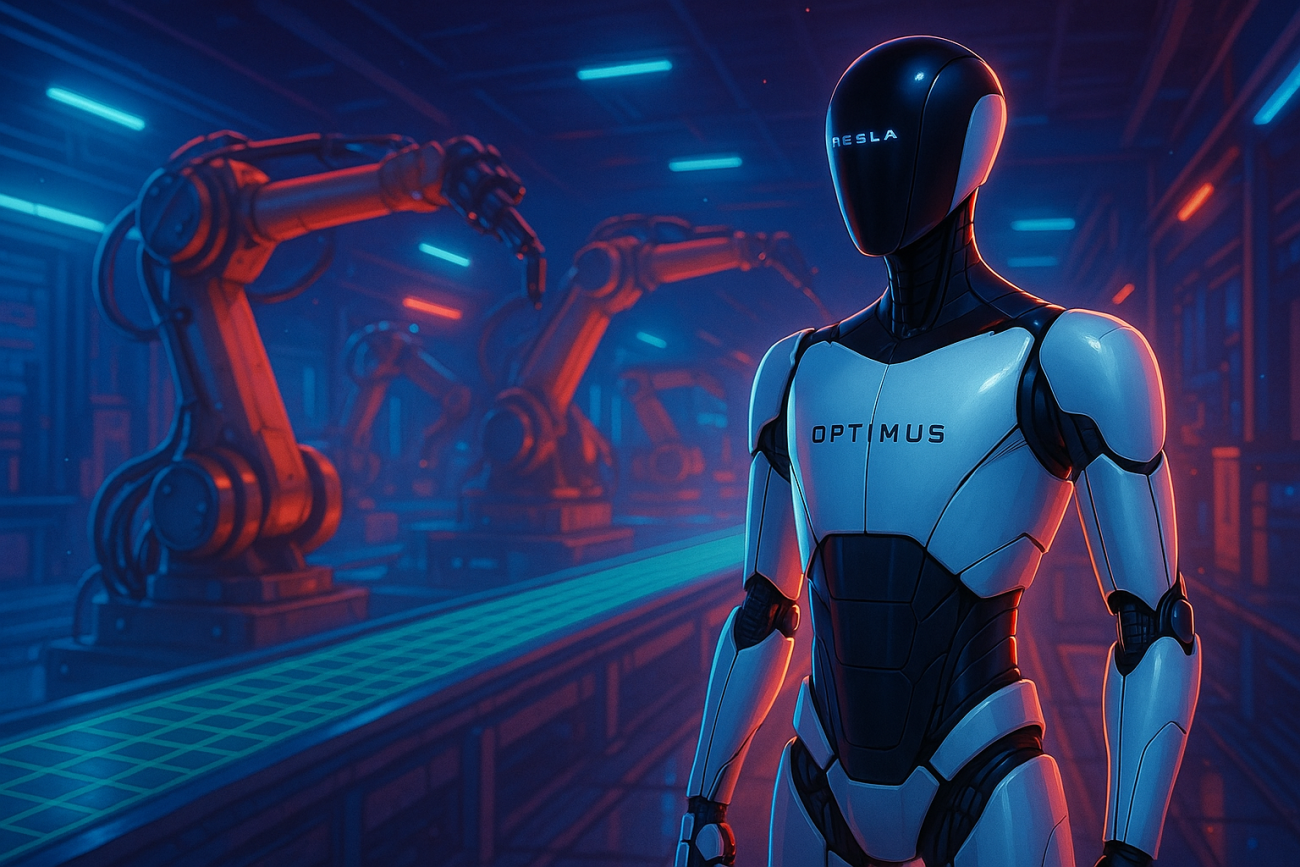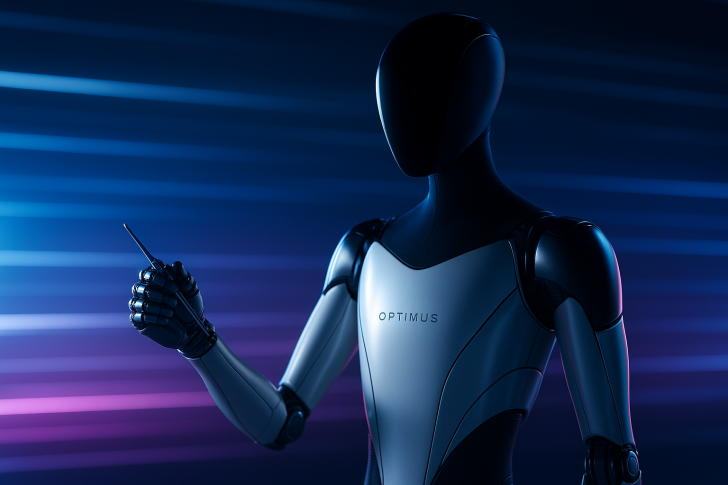⬤ Optimus humanoid robot grabbed attention again after Musk suggested it could eventually outperform even the most skilled human surgeons. He's betting the robot will achieve precision "beyond human limits," making top-tier medical care more accessible by removing barriers like high costs, workforce shortages, and limited expertise.
⬤ Musk argued that solving poverty and delivering universal healthcare demands labor solutions that can scale infinitely. Optimus could work around the clock without salaries, fatigue, or skill gaps, potentially slashing operational expenses across critical industries. His thinking frames automation not just as tech progress but as something that could fundamentally reshape how economies function.
⬤ The discussion also touched on Grok, Musk's real-time AI system, which he sees as bringing intelligence straight into practical use rather than getting stuck in policy debates. Combined with Optimus, this approach could drive production costs toward zero as labor becomes unlimited instead of scarce. Some posts even suggested poverty might become a rare outlier once machines handle both physical and mental work without human limitations.

⬤ These ideas reignited debates in tech and finance circles about what this means for TSLA and the automation industry overall. If Tesla delivers on Optimus and weaves AI like Grok into real-world operations, we could see major changes in productivity, cost structures, and how services get delivered—all of which might shift market expectations around robotics adoption and demand for precision-driven work.
 Alex Dudov
Alex Dudov

 Alex Dudov
Alex Dudov


